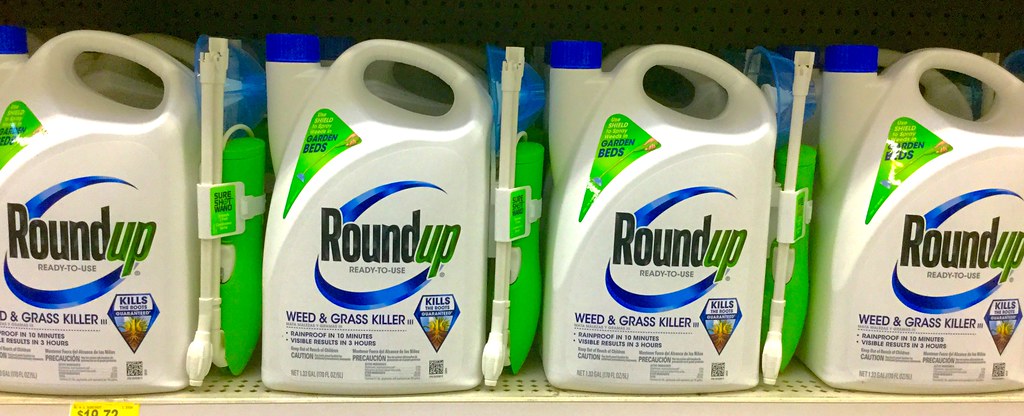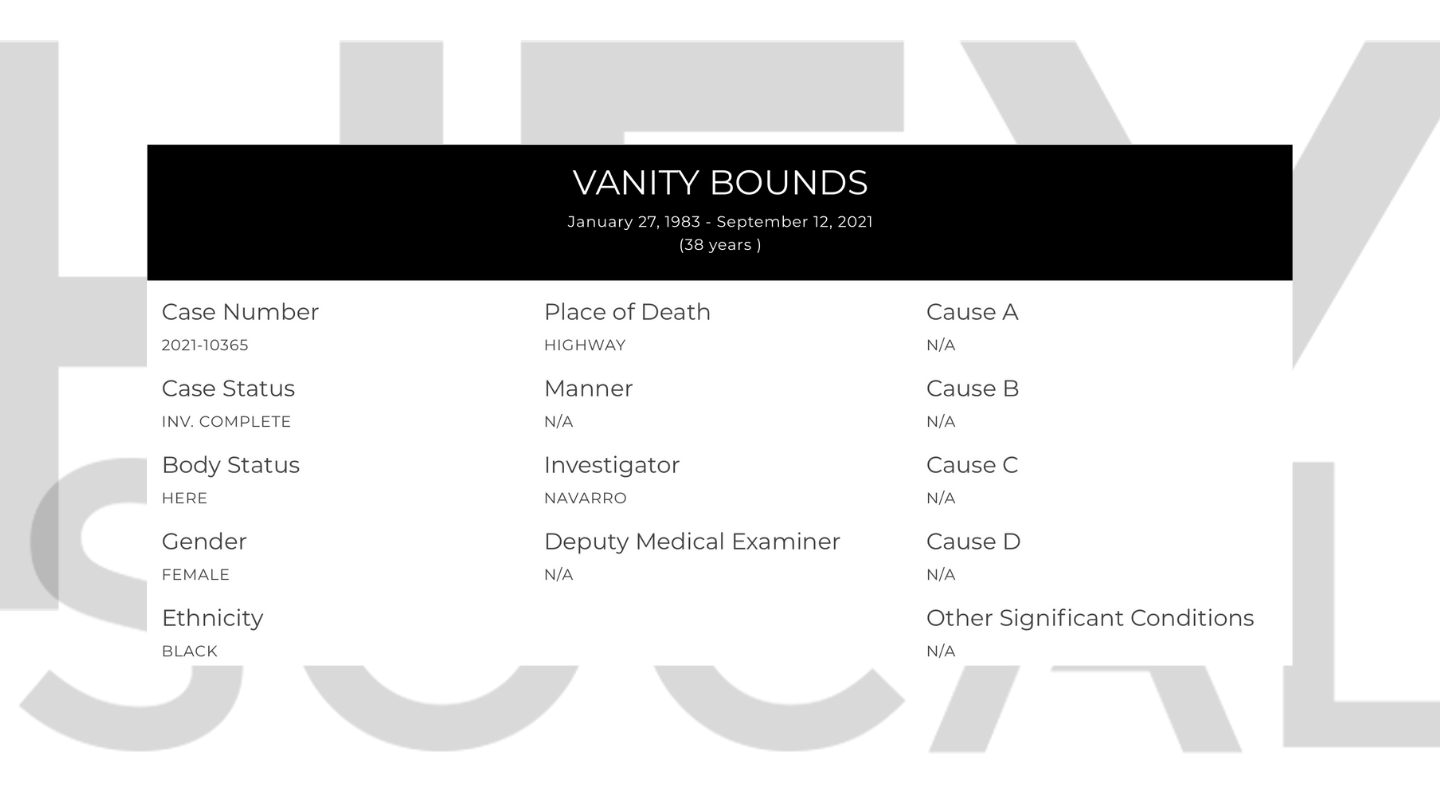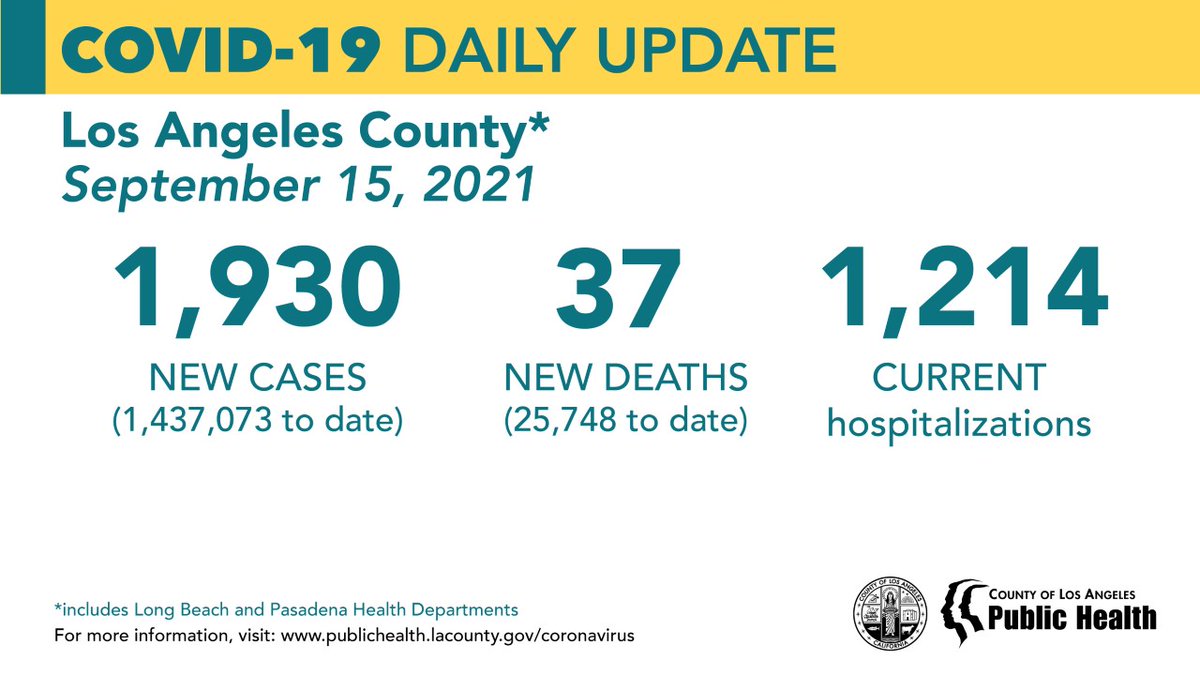A Walnut woman whose youngest son suffers from a rare form of cancer contracted the disease from exposure to Roundup she sprayed in the family’s back yard, an attorney told a jury Wednesday, but a lawyer for the Monsanto Co., manufacturer of the weed killer, said science disproves any connection between the product and the boy’s condition.
The two sides gave their opening statements in the first phase of trial in which a jury is being asked to determine whether Ezra Clark’s Burkitt’s lymphoma, an aggressive form of cancer that affects the lymph nodes, was caused by his exposure to Roundup that was regularly used by his mother, Destiny Clark, from 2011-16.
Ezra, now 10, was 4 years old when he was diagnosed in February 2016 with Burkitt’s lymphoma, a particularly aggressive kind of cancer that affects the lymph nodes. Her mother brought the suit on his behalf in Los Angeles Superior Court last Dec. 4.
“He got exposed every weekend for a couple of years,” Fletcher Trammell, one of Destiny Clark’s lawyers, told jurors.
Destiny Clark was unaware at the time, but her son was autistic and would commonly cling to her while she was using the herbicide, Trammell said. The boy’s autism also made him shun clothing because of sensory processing issues and he commonly wore little more than a diaper, according to Trammell. The exposure ended in 2016, when the boy began vomiting and having diarrhea and doctors later found a large mass in his stomach, Trammell said.
Trammell said Roundup is a glyphosate-based herbicide that some experts believe can cause cancer. He said the Clark family has no history of lymphoma and that Destiny Clark’s other three children, who stayed inside while she sprayed Roundup, did not contract Burkitt’s lymphoma.
However, Monsanto attorney Brian Steckloff said the Environmental Protection Agency has concluded that glyphosate is not likely to be carcinogenic to humans and that is why Roundup can still be bought in stores. He rejected Trammell’s argument that the EPA was only concerned with the effects of glyphosate on food and pesticide spraying of crops, arguing that the agency had examined all aspects of its possible effects.
Steckloff also said that children typically do not get cancer from environmental exposure and that Destiny Clark’s own family members undermined much of her argument during their deposition testimony, with some saying they did not see anyone spraying Roundup around Ezra.
While Destiny Clark maintains her parents bought her multiple bottles of Roundup a year, her father, Charles Crenshaw, testified that he only bought about two bottles annually, Steckloff said.
Ezra’s condition, the most common type of pediatric cancer, was probably caused by mutations in his DNA, Steckloff said.
Destiny Clark, the trial’s first witness, said she has cervical cancer for which she is receiving treatment. Her condition is not related to her use of Roundup.
She said she commonly sprayed Roundup in concrete cracks in her back yard, often near the pool and a gate, and that Ezra was always nearby wearing a diaper.
“He and I spent a lot of time outside,” Destiny Clark said. “He had to be next to me.”
Monsanto was bought in 2018 by Bayer AG, a German corporation that assumed all liabilities.







